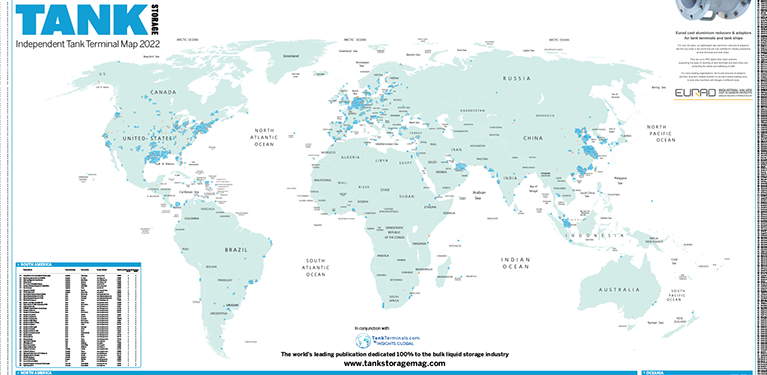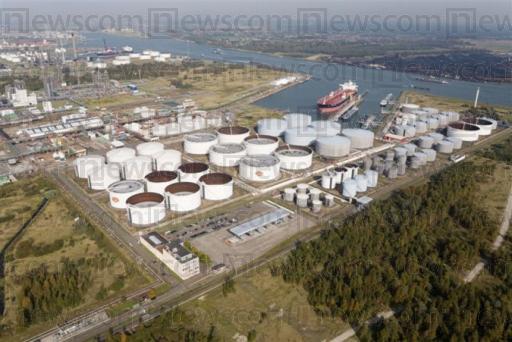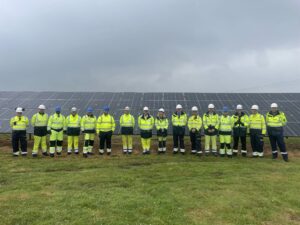The Belgian-German energy summit took place in Zeebrugge, enhancing the collaboration between Belgium and Germany to enhance their energy independence.
The two countries signed an agreement to intensify their collaboration on electrification, LNG, hydrogen and carbon capture to enhance their energy independence. They will do so through, among other things, an Energy Contact Group..
The group consists of political and industry stakeholders which will meet annually to monitor a range of energy topics. Collaboration between Belgium and Germany is important for the future of industry in both countries and to make a smooth transition to a climate-neutral economy.
The Port of Antwerp-Bruges is at the centre of many industrial clusters and sees itself as a key player in the energy transition. Its strategic location and multiple projects around hydrogen, circularity and carbon capture, among others, make the port an important player in both countries’ ambitions to become climate neutral.
Jacques Vandermeiren, CEO of Port of Antwerp-Bruges, says: ‘15% of the supply of LNG and natural gas to Europe today passes through the port of Zeebrugge, making our port one of the most important access routes for gas to Germany and the European hinterland. In turn, the port of Antwerp is home to numerous leading German chemical companies, which are also closely linked to German industry. Today, Port of Antwerp-Bruges is working out concrete plans to transport sustainable hydrogen and hydrogen carriers to Germany, further establishing ourselves as the green energy & feedstock hub of the future. To make this change happen, even more Belgian-German cooperation is needed in areas such as import, infrastructure, transport and purchase of these green energy flows. That is what is on the agenda today for the meeting between German and Belgian government leaders and key energy players from both countries.’
Belgian Prime Minister Alexander De Croo says: ‘This first ever Belgian-German Energy Summit is of great importance for strengthening our energy independence, accelerating the transition to renewable energy and ensuring the future of our industry. The Belgian-German consultation is already delivering great results. For instance, we are working on connecting our CO2 and hydrogen networks. We are also doubling gas transit capacity to Germany and starting the study for the construction of a second electricity cable to connect Belgium and Germany.’















